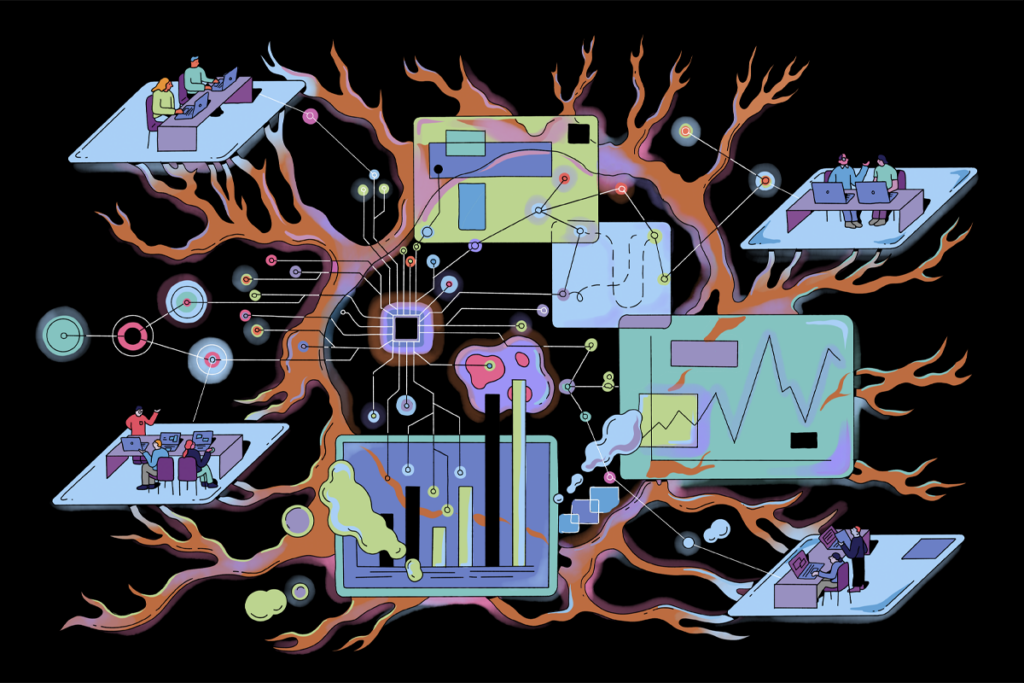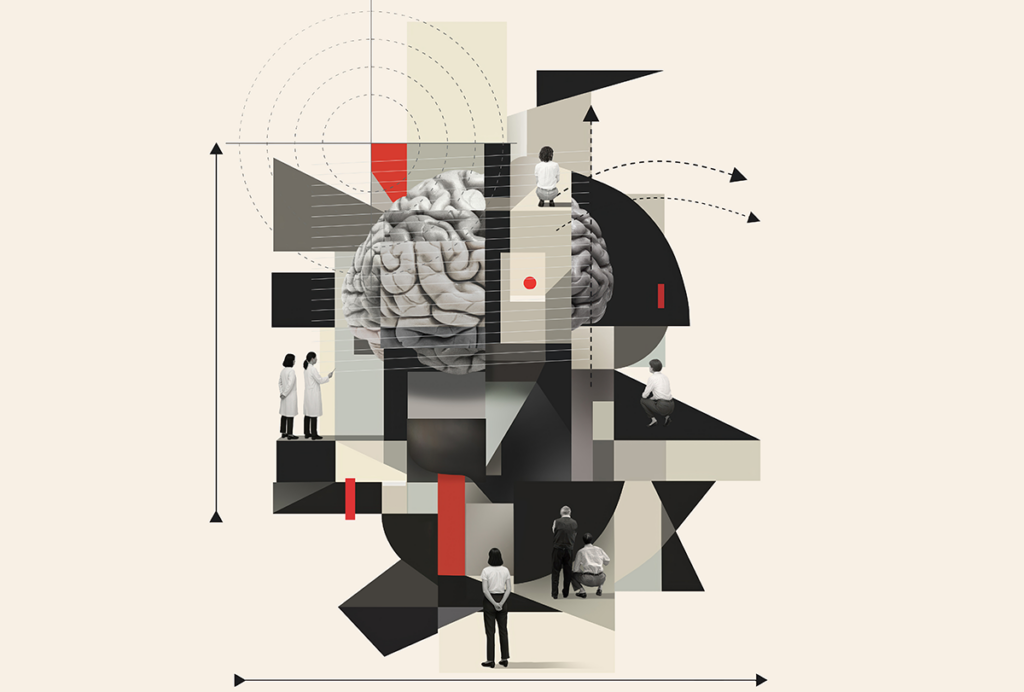“I think it is becoming more fragmented. Groups are very insular in my corner. There are cliques who do similar things. Some cooperate and support each other, but others compete and shoot each other down.”
—Bing Wen Brunton, professor of biology, University of Washington
“It is a very fragmented field with many different silos that do not talk to each other and do not share a common language. We routinely call with the same name different concepts, and use different names for the same concept. Implementations of the same concept also differ widely between different disciplines. It is a mess, and with increasing specialization it is only getting worse. There are also little to no incentives in harmonizing different subfields.”
—Mattia Chini, postdoctoral researcher, University Medical Center Hamburg-Eppendorf
“I don’t think the field was ever really coherent, but there has been a greater divergence in specialties that, in my opinion, make it difficult for students to obtain a good sense of ‘how the brain works.’ This sense needs to be rooted in an understanding of cellular and molecular mechanisms through to systems, cognitive and motor functioning. It is increasingly difficult to offer students this perspective as departments and the programs they house are increasingly specialized.”
—Leanne Chukoskie, associate professor of physical therapy, human movement and rehabilitation sciences, Northeastern University
“It’s always been interdisciplinary—like me, molecular biologists study nervous systems, people in psychology study motivation and cognition in people and also everything in between. We’re very diverse. We’re not a unified entity. SfN is one of largest societies in the world, with molecular, cellular, systems, circuits, clinical, translational, cognitive, psychological. Possibly we are getting even more diverse.”
—Elva Diaz, professor of pharmacology, University of California, Davis
“It’s always been fragmented. Human and animal, cellular and systems—it’s never been one field.”
—Jimmy Dooley, assistant professor of biological sciences, Purdue University
“It has always been fragmented, there is very little coherence and the main attempts to add cohesive theories are becoming increasingly fragmented or narrowly focused on ‘hypes.’”
—Renato Duarte, researcher at the Center for Neuroscience and Cell Biology, University of Coimbra
“There’s a trend toward fragmentation because of the size and the sheer abundance of research and papers. Even in my field, I find it hard to keep up with. And then when you look at the field next door, it becomes almost impossible. Without adequate tools to keep abreast of this literature and just this exponential increase in knowledge, I think there will be a trend toward fragmentation.”
—Johannes Kohl, group leader, Francis Crick Institute
“It’s such a massive field that I think it’s impossible for someone to ‘keep up’ with the whole thing.”
—Caitlin Mallory, postdoctoral researcher, University of California, Berkeley
“[The field of neuroscience is] intellectually fragmented in a way, but it’s not necessarily a bad thing. We know so little that we need to have crazy, out-there ideas.”
—Gregory W. Schwartz, professor of ophthalmology, neuroscience and neurobiology, Feinberg School of Medicine, Northwestern University
“It is becoming very increasingly fragmented, with everyone and anyone developing their own set of tools and ideas to convey what the brain does, or what does it mean to think, compute, decide etc. And it is very problematic and a useless waste of money for people suffering from brain disorders.”
—Abhinav Sharma, postdoctoral neuroscientist, University of Oxford






